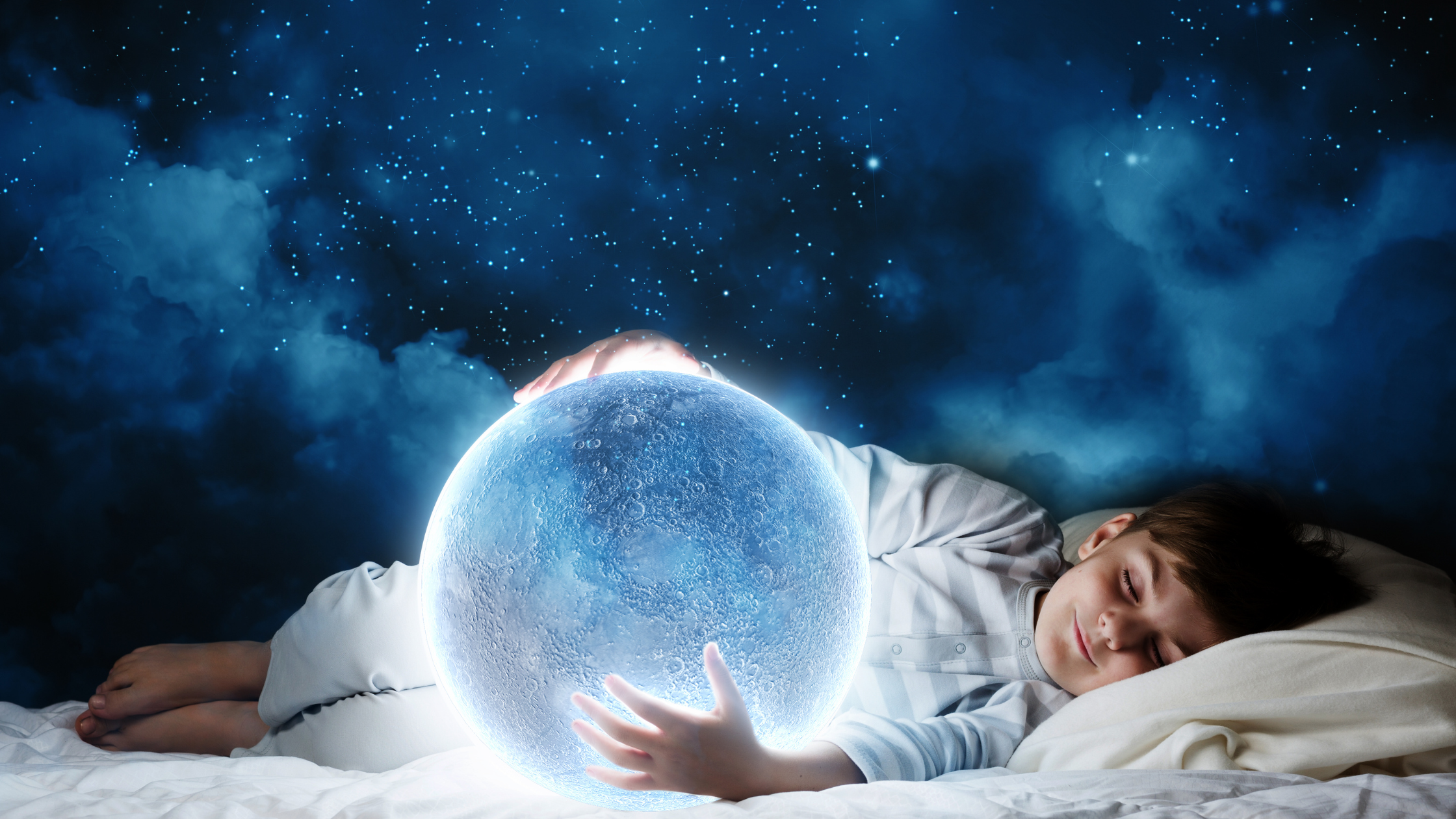
Rapid Eye Movement, REM, sleep is the fourth and final stage of each sleep cycle. This stage is the closest to being awake that you can be, partly due to the amount of eye movement that happens. Your heart beats faster and you breathe faster because this is the stage where dreams happen.
It's important to understand sleep cycles. A good night of sleep has anywhere from four to six sleep cycles that last 90-110 minutes. There are four stages of sleep, the first three known as non-REM; NREM1, NREM2, NREM3. Then REM is the final part before we begin the cycle all over again.
What happens during REM sleep
NREM3 is the stage of sleep where deep sleep happens. Deep sleep is essential for repair mode, and your breathing and heart rate slow down considerably. Then, you transition to REM sleep, where you prepare to enter the sleeping cycle again or wake up. Your heart rate and breathing increase considerably before slowing down again as you progress through the three cycles.
The movement of your eyes is what makes REM sleep distinct from all the other stages of sleep. Scientists suspect that each "dart" of your eyes is similar to you "swiping through a slideshow". You are essentially scanning new images and dreams with each movement.
However, your body is completely paralyzed in this stage of sleep, which is different than what your body is like in other stages of sleep. This is to prevent you from acting out your dream and potentially harming yourself. If you do move during REM sleep, and act out your dreams, then you actually have REM sleep behavioral disorder. This is due to a lack of muscle paralysis during REM that allows the sleeper to flail their limbs, yell, or move around. If this happens occasionally, then you are fine. But, if it happens all the time, it's important to check with your doctor.
Your brain is also very busy during REM sleep. It helps with your memory as it consolidates the memories made during the day and primed by the hippocampus during NREM3 sleep. REM also helps with procedural memory, which is the memory that helps you operate on "autopilot". It's like when you're driving your car and check out, but still get off on the right exit. REM helps to sharpen that memory and it's one that is very hard to forget.
How much REM sleep you need
About a quarter of your sleep is REM sleep. How much you need depends on how much sleep you need in general to feel well-rested. Adults should get anywhere from seven to nine ours of sleep. Therefore, your REM sleep could be anywhere from 1.5-2.5 hours of sleep.
It's important to finish the sleep cycle so you don't feel groggy. Therefore, if you wake up from an hour-long nap, then you might feel unrested because you've interrupted the REM cycle. Naps should be either 20 minutes to avoid entering REM sleep, or 90 minutes to complete REM sleep.
In order to avoid this "sleep inertia" wake up gradually from REM sleep. Researchers theorize that we are supposed to transition out of sleep, using REM. The later into your sleep, the more of your sleep you'll spend in REM than NREM3.
Consequences of not getting REM sleep
If you don't get REM sleep, you are going to feel sleepy and forgetful, over the short-term. However, if you don't get REM sleep over the long-term, then you put yourself at risk for various health concerns. This can include an increased risk for all-cause mortality (increased death from all things), cardiovascular, and non-cancer-related deaths.
How long should REM last?
You will reach REM sleep at the end of 90 minutes. It will last for about 10 minutes and then continue to increase throughout the night. By the time morning rolls around, you may even have a REM cycle that lasts 60 minutes.
How to ensure you get enough REM sleep
In order to make sure that you get enough REM sleep, it's important to make sure you get enough sleep in general. Here are a few ways to improve your sleep so you can optimize the amount of REM sleep you get.
- Limit caffeine, and only drink earlier in the day.
- Skip alcohol close to bedtime as it inhibits REM sleep.
- Change any medications that may be affecting your ability to get REM sleep.
- Talk to your provider if you think you have a sleep disorder that prevents you from getting REM sleep.
REM sleep is important for your sleep health. If something is interfering with your ability to achieve it, then please click the orange button below to take a free online sleep test and talk with one of our sleep health professionals.
https://www.sleep.com/sleep-health/how-much-rem-sleep-do-you-need

